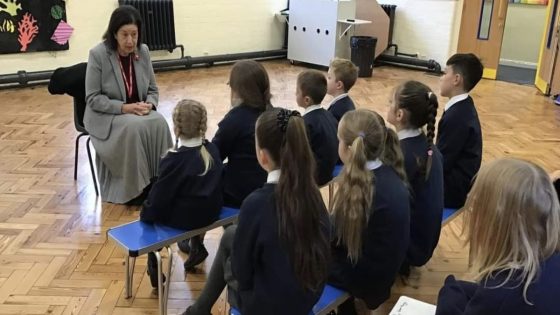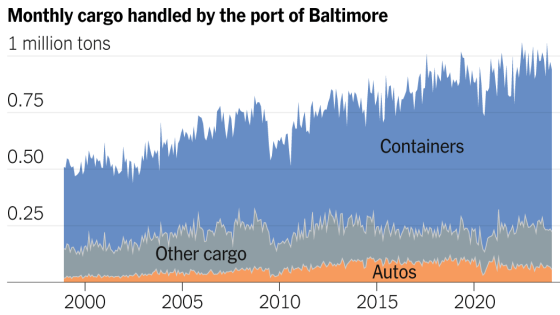The Prime Minister has described education as “the closest thing we have to a silver bullet”. That may be so, but only for children in the classroom.
That is why Vicky Ford MP’s Private Member’s Bill on school attendance is so important.
Equally important will be Flick Drummond MP’s Children not in school (register) Bill, as this picks up the data on children who are permanently absent, such as those listed as being home schooled.
We don’t actually know how many children are home educated because parents are not obliged to register them.
Jo Gideon believes attendance is the most basic education requirement
Jo Gideon
Local authorities keep voluntary registers, and these indicate home-schooling numbers have gone up significantly in recent years, particularly in the wake of Covid – there were at least 86,000 in Spring 2023 – but the true number could be considerably higher.
Where there is a legitimate reason for home schooling, there still needs to be an assessment of the quality of provision to ensure children in home settings are not being disadvantaged.
That is why local authorities and schools need more power to challenge when a note is received withdrawing a child from school.
Currently the school and local authority cannot refuse a request for home schooling if a parent or guardian writes a letter asking to take a child out of school.
There needs to be a process if parents ask to home school their children which would involve evidencing what form that alternative education should take.
Attendance is the most basic education requirement: it is the first and most important rung on the ladder of opportunity.
Being around teachers and friends in a school or college environment is the best way for pupils to learn and reach their potential.
LATEST DEVELOPMENTS:
 Some students have been taken out of school by their parentsPA
Some students have been taken out of school by their parentsPATime in school also keeps children safe and provides access to extra-curricular opportunities and pastoral care.
Even missing 10 per cent of school sessions – the equivalent of missing at least one afternoon each week – leads to a significant reduction in exam success.
Yet the latest data we have shows 21 per cent of all children – a shocking 1.5 million students – fall into this category.
Even more shocking is the 133 per cent increase in children missing over 50 per cent of lessons, totalling 140,000.
Every moment in school counts, and days missed add up quickly. Lessons missed can lead to students struggling to understand subsequent lessons in subjects where there is carry over learning.
Attendance figures were improving pre Covid, and the disruption caused to schooling during the pandemic has had lasting effects.
I am glad that the Attendance Mentors scheme has been expanded to include my constituency of Stoke-on-Trent Central, providing one-to-one mentoring support to pupils over a three-year period.
It is schemes like this, tackling the factors behind non-attendance such as bullying or mental health issues, that feeling of just being too far behind, and the tutoring aspect of it too, which make a significant difference.
But this is only reaching 1 per cent of severely absent pupils at most and does not represent a serious response to this unfolding crisis in our education system.
Almost three in 10 parents agree that Covid has shown it is not essential for children to attend school every day, and a report by the Centre for Social Justice suggests that 100,000 children have almost entirely disappeared from education since schools returned after the pandemic.
The law says that all children have the right to a full-time education, and many may say it should not need government to legislate to increase school attendance.
It is the duty of every parent to ensure their child receives an appropriate full-time education.
The reality is more complex and so I back any move that will guarantee a better future for all children by giving them the best start in life which education offers.
Source Agencies



